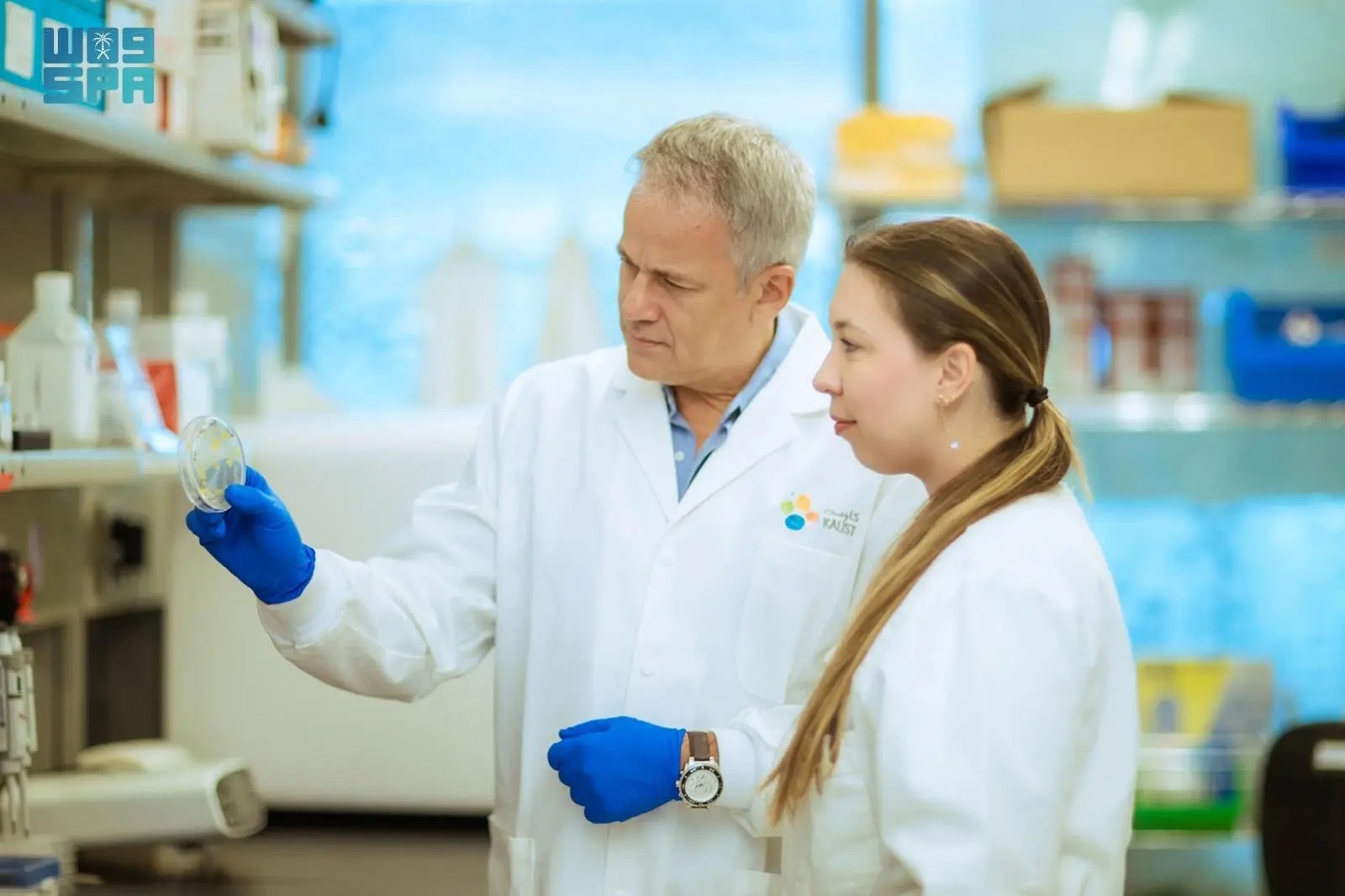
KAUST Discovers 26 New Bacterial Species
King Abdullah University of Science and Technology (KAUST), in collaboration with NASA and research institutions in India, has discovered 26 new species of bacteria inside cleanrooms designated for spacecraft assembly, marking a major scientific achievement. These newly identified microbial species, described scientifically for the first time, exhibit remarkable genetic traits enabling them to survive in harsh, space-like environments. The findings were published in the prestigious scientific journal Microbiome.
The research study stressed the need to tighten preventative measures to avoid transferring terrestrial microorganisms during space missions. NASA’s cleanrooms are designed to meet the highest sterilization standards, simulating some of the Earth’s most extreme environments, from deep ocean floors and arid deserts to frozen mountain peaks. Despite these strict conditions, certain microorganisms known as "extremophiles" have managed to survive and even reproduce within these environments, evoking the possibility that they could also survive in outer space.
KAUST lead researcher of the study and NASA task force member Professor Alexandre Rosado explained that the study deepens the understanding of the risk posed by transferring resilient microbes into space, particularly during robotic missions. He noted that genetic analyses carried out during the research helped identify organisms capable of surviving beyond Earth, which is critical to protecting other planets from unintended microbial contamination.








